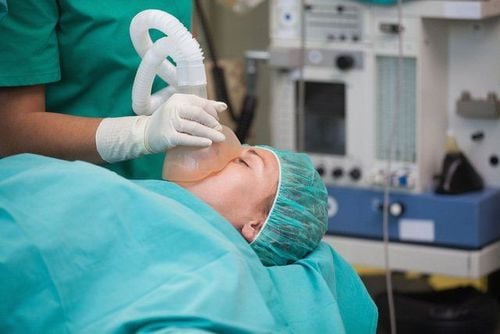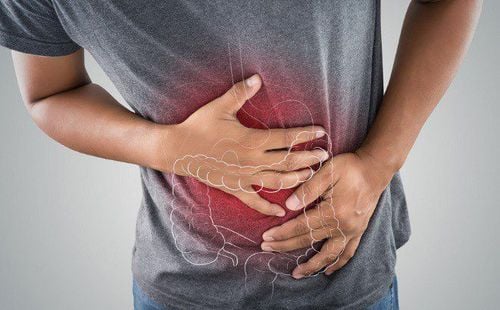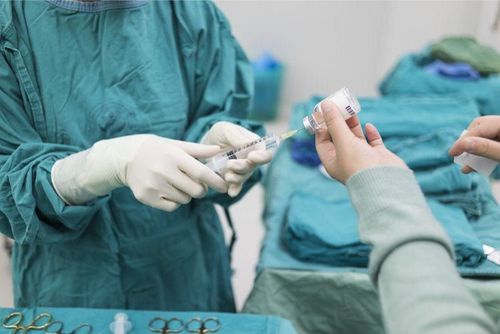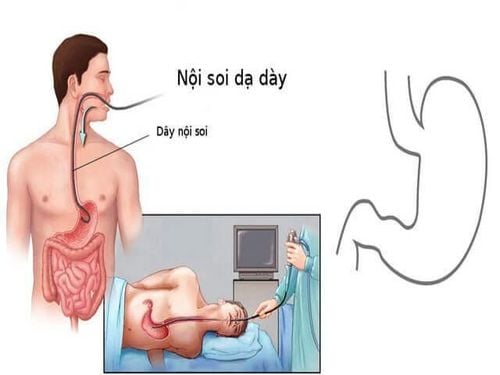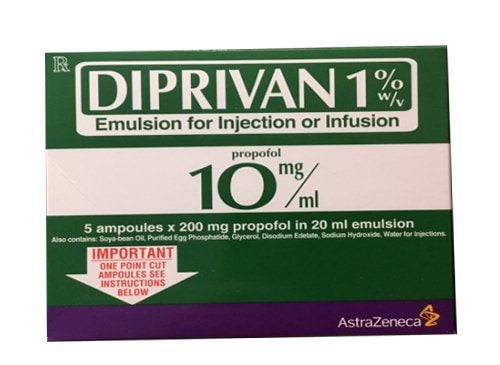This is an automatically translated article.
Video content is professionally consulted by a doctor from the Department of Examination & Internal Medicine, Vinmec Hai Phong International General Hospital
Gastrointestinal endoscopy in general and gastroscopy, colonoscopy in particular is a technique that not only helps in early detection of gastrointestinal cancer but also plays an important role in cancer treatment.
In Vietnam, the incidence of gastrointestinal cancer ranks 4th out of 10 most common cancers in men today and 2nd among 10 cancers in women.
Endoscopy is the most modern method today to screen cancer and diseases related to the digestive tract. Gastrointestinal endoscopy is the most direct method to diagnose diseases related to the digestive system, especially dangerous diseases such as colon cancer, stomach cancer, esophageal cancer ...
Gastrointestinal endoscopy (gastroscopy, colonoscopy ...) is considered the most accurate diagnostic option, causing no pain for the patient and also not taking too much time to perform. The endoscopic process will take from 10 to 15 minutes, depending on the location and endoscopic technique, along with other procedures that may take longer.
To screen for cancer and gastrointestinal diseases , the doctor will use an endoscope with a camera and light emitting light to conduct a gastrointestinal endoscopy . Insert the endoscope into the position to be endoscopy through the mouth, nose, anus. To diagnose abnormalities in the submucosa of the digestive tract, the doctor will order endoscopic ultrasound.
With gastrointestinal endoscopy technique, endoscopists can detect abnormalities occurring in the digestive tract. In the pre-cancerous stage of the gastrointestinal tract or the cancer is still localized in the lining of the digestive tract, the patient can be completely cured if submucosal resection is performed, and the patient's survival time can be prolonged. like a normal person.
A number of gastrointestinal endoscopy methods (gastroscopy, colonoscopy...) are currently available such as:
Magnified endoscopy: Preliminary assessment of areas with cell changes can be obtained with the machine. endoscope and new generation endoscope Interventional endoscopic staining for early cancer diagnosis: This technique will help identify the lesion localization, recognize the characteristics of the lesion, and the boundary between the cancerous lesions. High-resolution endoscopy: Increases resolution to millions of pixels, making it easier for doctors to see and more efficient than narrowband endoscopy: Helps increase the ability to detect cancer early. increase the ability to detect gastric cancer by combined magnification.... Laser scanning confocal endoscopy: The specificity and sensitivity to distinguish cancer hyperplasia from hyperplasia of other lesions are 100% and 84, respectively. 6%. In order to get the most accurate results of gastrointestinal endoscopy (gastroscopy, colonoscopy...) gastroscopy, colonoscopy ...) should fast for at least 6 hours and fast for at least 2 hours to avoid complications occurring during endoscopy such as vomiting, reflux of food into the trachea, copper time to help diagnose the most accurate image. Patients should eat easily digestible foods, and need to clean the colon before performing colonoscopy. Tell the doctor if the patient is allergic to certain drugs or foods, avoid dangerous complications due to allergic reactions In order to avoid damage to the oropharynx, do not spit after performing gastrointestinal endoscopy ( gastroscopy, colonoscopy...) Each person should perform a gastrointestinal endoscopy periodically to be able to screen for cancer and gastrointestinal diseases, the sooner the disease is detected, the more likely it is to be treated. the higher.
Please dial HOTLINE for more information or register for an appointment HERE. Download MyVinmec app to make appointments faster and to manage your bookings easily.




